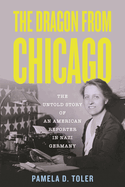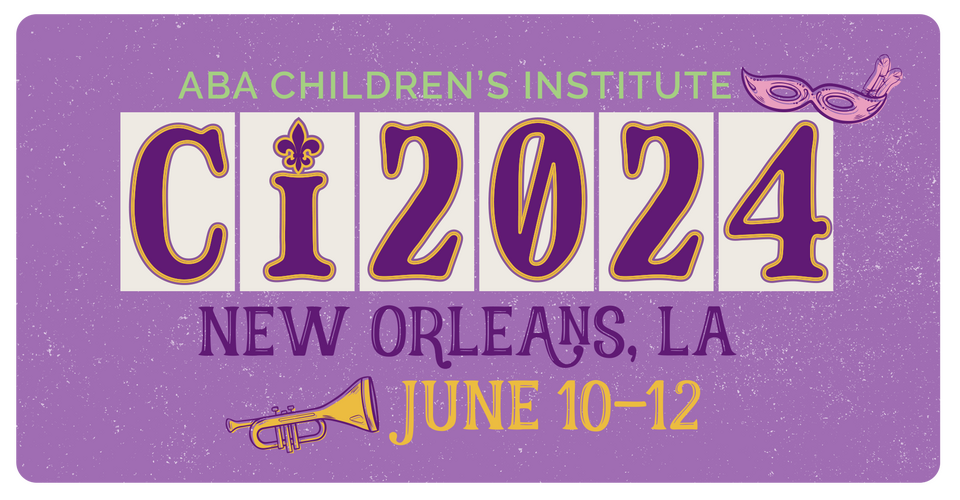 Among the enlightening and practical panels last week at Children's Institute, The New Strategy for Author Events considered how Covid-19 has forced an evolution in bookstore events. The participants discussed updated strategies for "forming mutually beneficial relationships with publishing partners, managing ticketing and turnout, and creating an ordering strategy that feels less like throwing spaghetti at the wall and more like a tactical approach to hitting your event numbers bullseye." The panel, moderated by Cathy Berner of Blue Willow Bookshop, Houston, Tex., featured Thu Doan from East Bay Booksellers, Oakland, Calif., Casey Robinson of the Silver Unicorn Bookstore, Acton, Mass., and Angie Zhao of bbgb in Richmond, Va.
Among the enlightening and practical panels last week at Children's Institute, The New Strategy for Author Events considered how Covid-19 has forced an evolution in bookstore events. The participants discussed updated strategies for "forming mutually beneficial relationships with publishing partners, managing ticketing and turnout, and creating an ordering strategy that feels less like throwing spaghetti at the wall and more like a tactical approach to hitting your event numbers bullseye." The panel, moderated by Cathy Berner of Blue Willow Bookshop, Houston, Tex., featured Thu Doan from East Bay Booksellers, Oakland, Calif., Casey Robinson of the Silver Unicorn Bookstore, Acton, Mass., and Angie Zhao of bbgb in Richmond, Va.
Berner began by asking the panel "how many total author events was your bookstore doing before the pandemic and how many are you doing now?" Doan answered first: "Three to four events per week in the store before pandemic; after, we've done 10 events total." Robinson said her store also did three or four per week pre-pandemic and are now doing two a week: one during the week and one over the weekend. "The feeling of the event planning shift is one of distillation. We've really honed what we're doing--it's definitely fewer events, more intentionally scheduled." Zhao noted that she started in 2021, right in the middle of the virtual school year. "There were maybe 20 events that happened in 2019," she said. "Last year, 2023, we did 106." Berner said that before the pandemic, Blue Willow did about 400 events a year. "During the pandemic, we did more than 700 virtual events. Now, we consider carefully why we will say yes to an event. We still do about 300 a year, but we're more deliberate in our reasoning. Before, we would almost always say yes; now we consider why we should say yes."
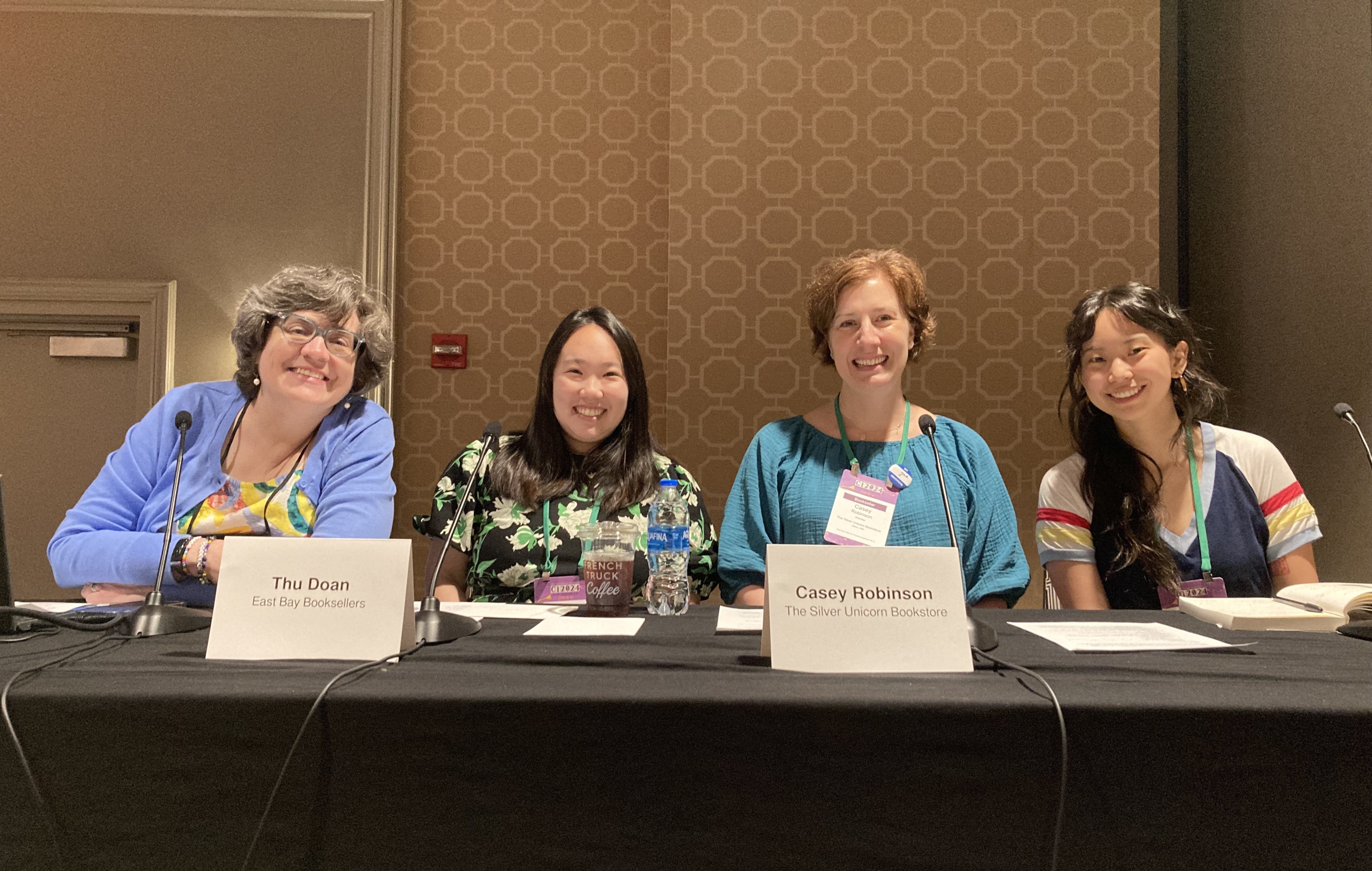 |
| (l.-r.) Cathy Berner, Thu Doan, Casey Robinson, Angie Zhao |
So, Berner asked, why are we doing events? "I think about events singularly," Robinson said. The idea is to make authors, illustrators, and customers happy when leaving the store. "I also think about events in aggregate as an opportunity to extend our brand. What do we want people to feel about the store? What role do events play in facilitating that?" Basically, Robinson said, "I try to think with one eye on the execution of the individual event and one eye on the bigger picture." Events are so much more than "events," Zhao agreed--especially as a children's bookseller. "I would argue that children's events are, in many ways, more difficult than adult events." You are taking "two (child and parent) completely different and sometimes competing interests and creating a time and space to bring those audiences together to celebrate the same thing. It's more than just an event--it's almost like the heart of the actual bookstore." Doan has had a very different experience from the other panelists: "There are five of us on staff and we do everything. Every single role. It took us a long time to get back into events." For the first two years, Doan said, they didn't want to do events at all. No one had the energy. "When we were finally ready to do events, it showed. Now, we have big and meaningful events."
"Have you had to change your ticketing processes?" Berner asked. Zhao said the store needed a way to manage expectations and have since "tried and gotten better at avoiding low turnout through mandatory RSVPs, even for free events." She had an excellent idea for "those devastating moments when there's not even one person in the crowd." She suggested to the author that they "make this into a virtual interview that can be put on the website." They used Crowdcast and invited anyone who did show up to the event to be part of the live cast and recording.
Robinson said the Silver Unicorn Bookstore doesn't ticket for events in-store, but does "a ticket with book sale" for offsite events. "I find this very stressful," she said, admitting that she refreshes the ticket numbers over and over. "I feel like we all share that 'please please please please please come' feeling before the event." Robinson also said that the bookstore has started a kids' graphic novel festival: "This year 3,000 people came, so we really needed that data to let us know to ask the town to close down the street next to our store and to rent the large wedding tent."
Doan said the first event at East Bay Booksellers was held in-store but the staff quickly realized they "did not have the energy to move fixtures and clean everything." They switched to a "completely off-site partner" and now host everything at a local brewery. That venue, though, "has a lot of rules around ticketing, so all of our events are free, and we use Eventbrite for ticketing."
When asked what they find particularly important when working with event partners, Doan responded: "transparency." Being clear with partners "will set you up for success. As an independent bookstore, we are fostering human connection with our communities. We're always working toward improving, and I think that needs to be reflected in how we connect with all the functions in our bookstore." Berner agreed, suggesting events coordinators be "kindly candid." If, for example, "you're asked to do three visits in one day and the author is flying out that night, suggest to the author or publicist that this may not be a great idea. I have found that publicists appreciate having that information." And it's important to maintain that transparency post-event as well: "You're doing a disservice to any event partner if you're not being honest with them about how the event went," Zhao said. And be curious, Robinson added. "Going from what you think you know to what you actually know usually involves putting it into words--having that conversation with the author and the publicists. It's in an effort to better the ecosystem" and to help the individual event coordinators learn from every function.
Berner ended the panel with an activity: "How can you move from a scarcity mindset to reframe event success from a place of abundance?" Robinson answered with a story. "This makes me think about all the different kinds of events we do. I can talk about the small event that had four kids come and they clutched their well-worn copies of the book to their chests. The absolute awe and joy on those kids' faces? That event was a success. I can talk about the self-pubbed memoir that we did for a community member, and she packed the house. She was absolutely beloved, and her book was on our top 10 list for months and months. That event was also a success. Of course we need to stay in business, of course we need to sell books, of course we want flashy names to promote on our social media. But I think it's important we think broadly about why we're doing it. What we're doing is building trust with events and once you have that trust, you've built that brand and people will come." --Siân Gaetano, children's and YA editor, Shelf Awareness
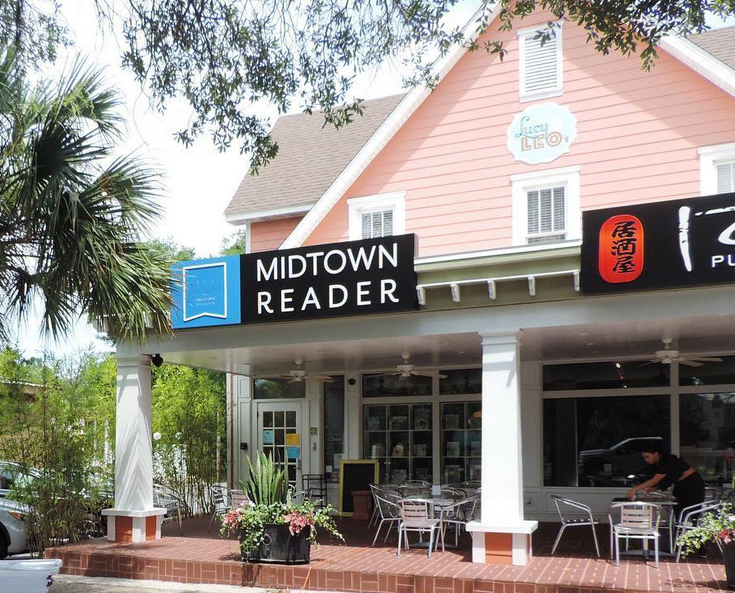












 In partnership with Hudson Group,
In partnership with Hudson Group, 
 On Tuesday morning at Children's Institute 2024 in New Orleans, La., three booksellers discussed ways of supporting young readers through tough times.
On Tuesday morning at Children's Institute 2024 in New Orleans, La., three booksellers discussed ways of supporting young readers through tough times. 
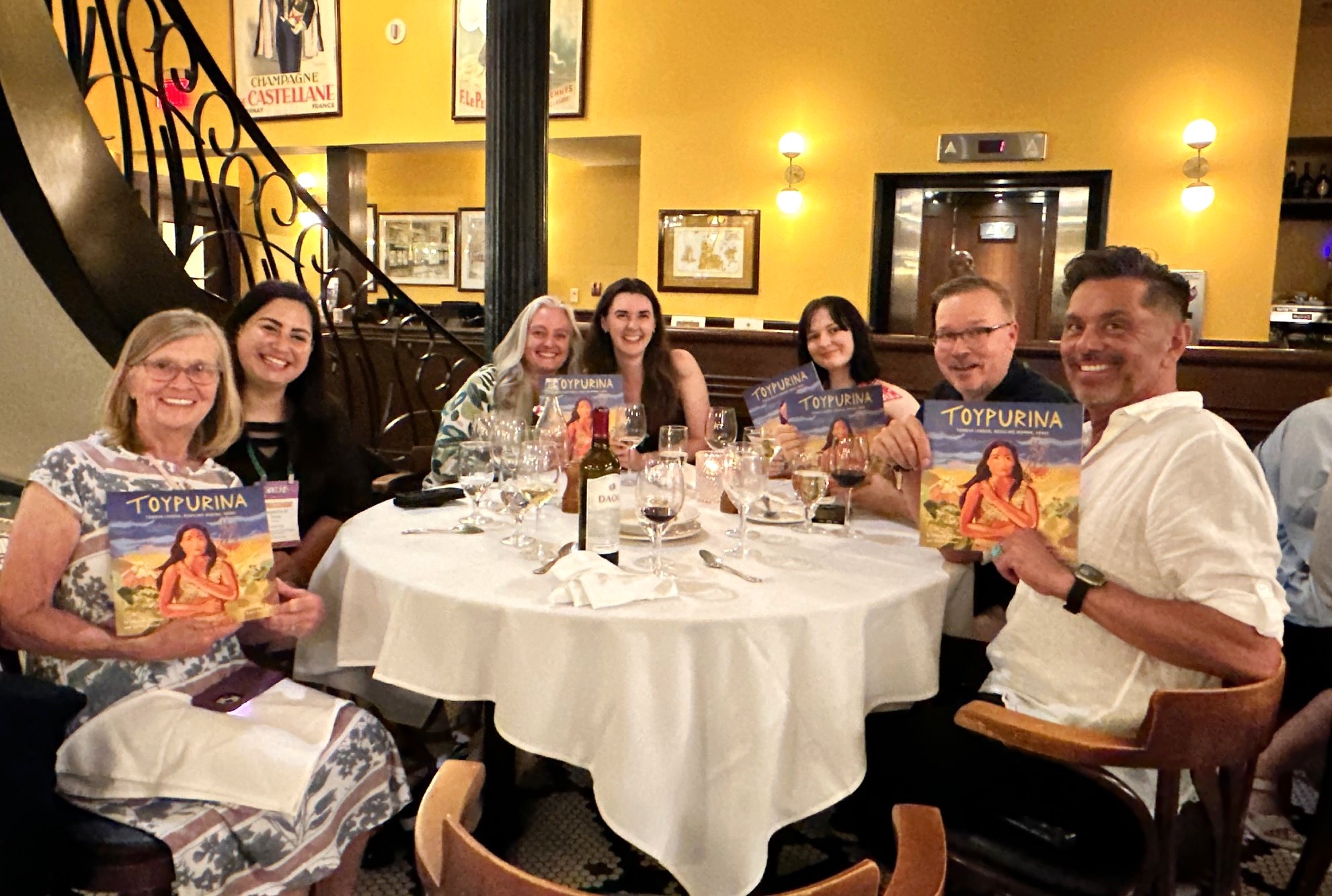 At Children's Institute in New Orleans last week, Little Bee Books hosted a dinner for author Cheyenne Stone (Toypurina). Pictured: Virgie DeNucci (Off the Beaten Path, Steamboat Springs, Colo.); Cheyenne Stone; Danielle Skov (Off the Beaten Path); Madison Kirkbride (Second Star to the Right, Denver, Colo.); Audrey Moor and Sean Moor (The Book Jewel, Los Angeles, Calif); Calvin Crosby (The King's English, Salt Lake City, Utah).
At Children's Institute in New Orleans last week, Little Bee Books hosted a dinner for author Cheyenne Stone (Toypurina). Pictured: Virgie DeNucci (Off the Beaten Path, Steamboat Springs, Colo.); Cheyenne Stone; Danielle Skov (Off the Beaten Path); Madison Kirkbride (Second Star to the Right, Denver, Colo.); Audrey Moor and Sean Moor (The Book Jewel, Los Angeles, Calif); Calvin Crosby (The King's English, Salt Lake City, Utah).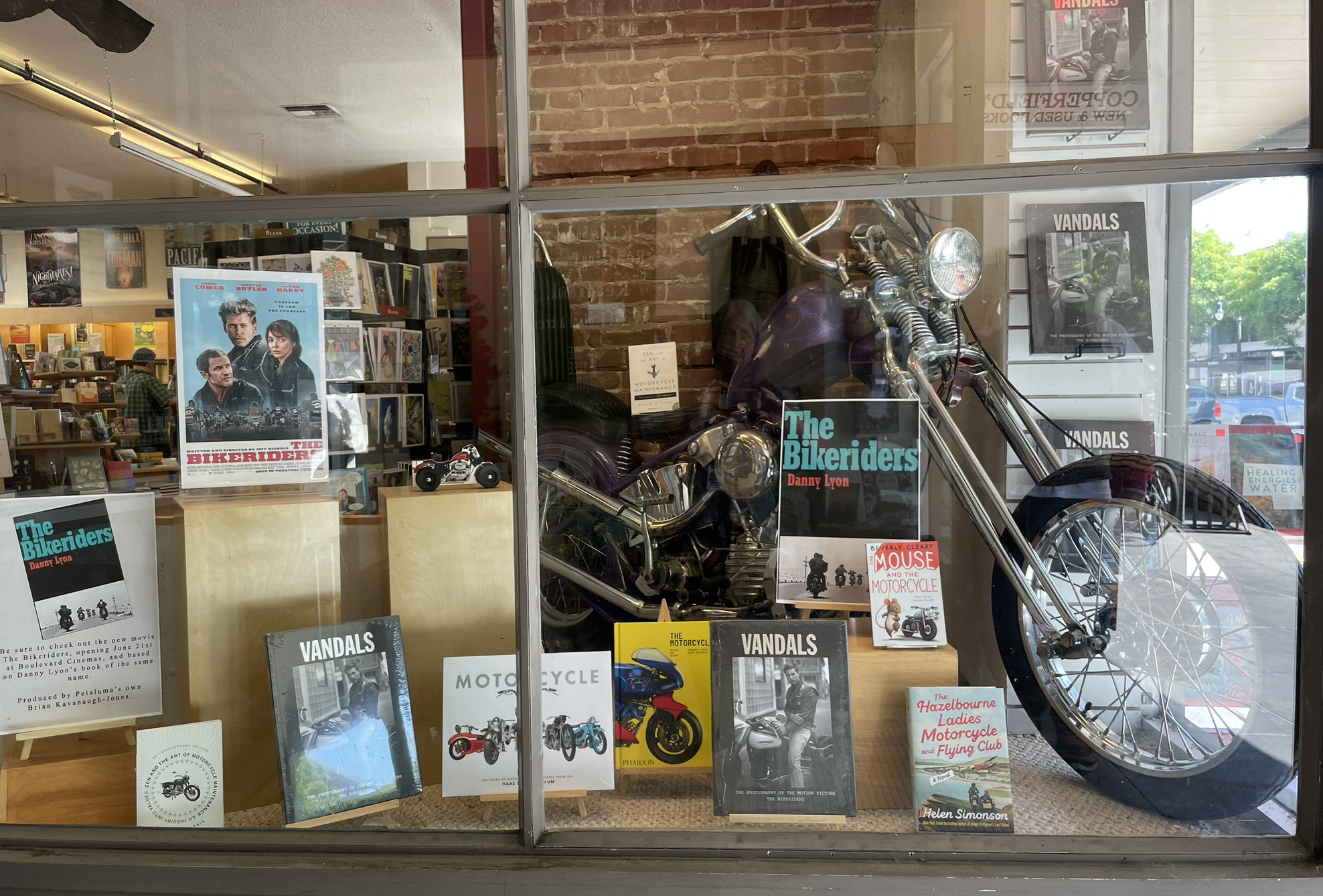 When Copperfield's in Petaluma, Calif., was approached about doing a display to promote the soon-to-open movie The Bikeriders, produced by a Petaluma native, they had limited ideas for the display. A new book, The Vandals: The Photography of the Bikeriders (Insight Editions), was available, but the original book, The Bikeriders by Danny Lyon, wasn't. So what could they put in the window? "Can we get a motorcycle?" a bookseller wondered. They reached out, and the Rip City Riders Motorcycle Club arrived the next day to help install a classic 1941 Harley Davidson Knucklehead in the front window of the store.
When Copperfield's in Petaluma, Calif., was approached about doing a display to promote the soon-to-open movie The Bikeriders, produced by a Petaluma native, they had limited ideas for the display. A new book, The Vandals: The Photography of the Bikeriders (Insight Editions), was available, but the original book, The Bikeriders by Danny Lyon, wasn't. So what could they put in the window? "Can we get a motorcycle?" a bookseller wondered. They reached out, and the Rip City Riders Motorcycle Club arrived the next day to help install a classic 1941 Harley Davidson Knucklehead in the front window of the store.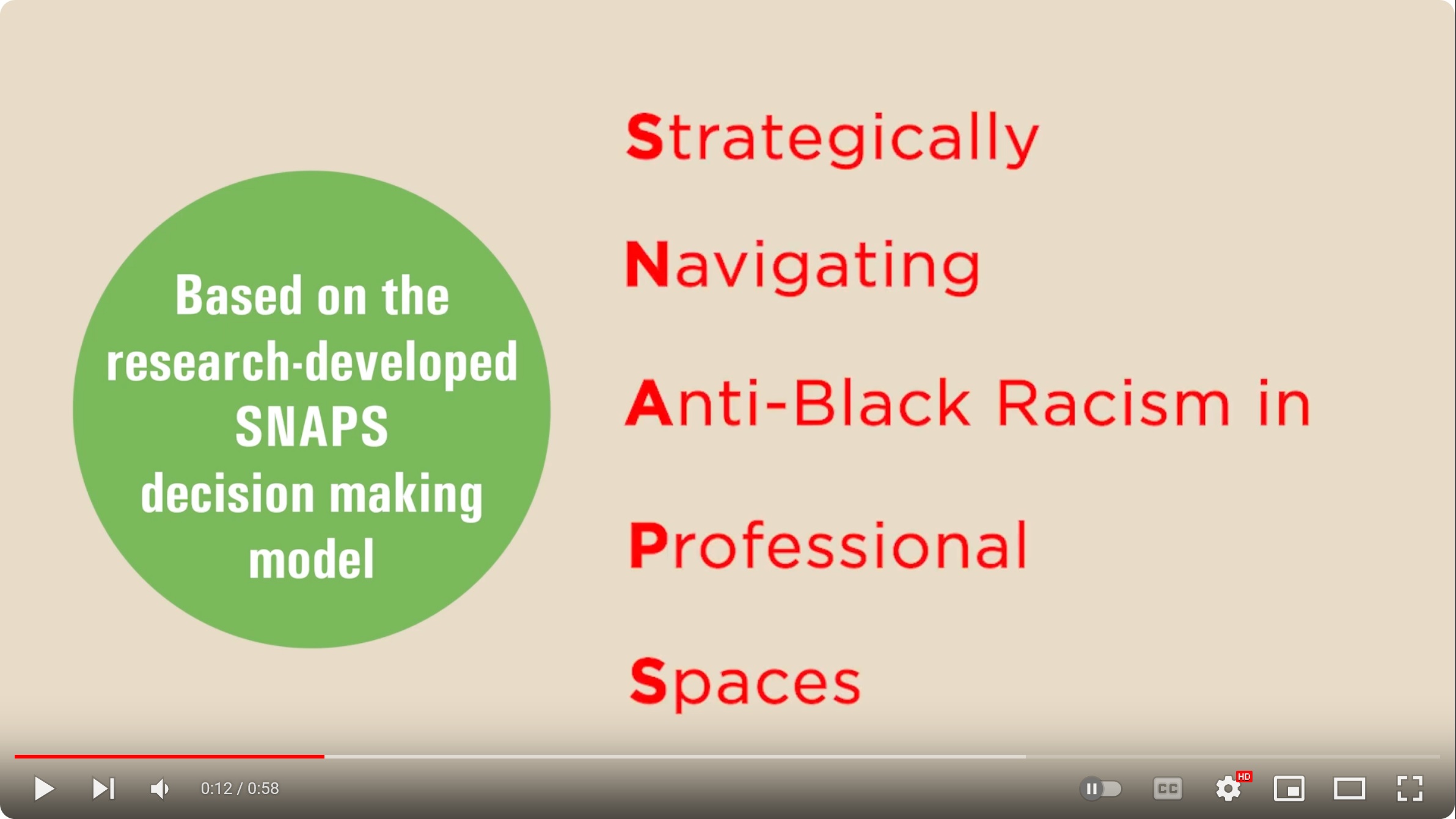 Strategically Navigating Anti-Black Racism in Professional Spaces
Strategically Navigating Anti-Black Racism in Professional Spaces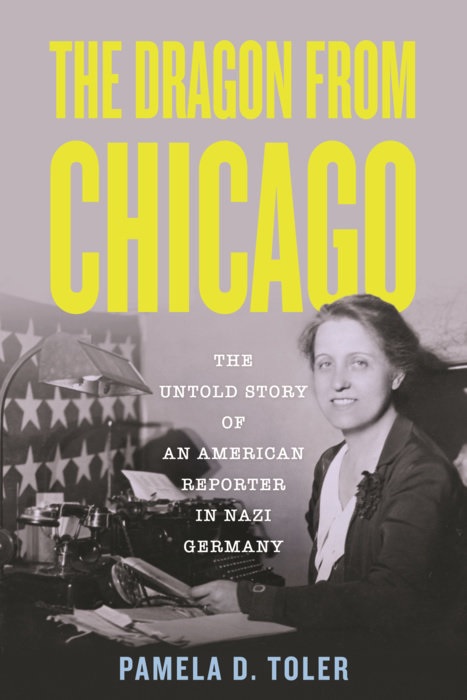 In her riveting 10th nonfiction book, historian Pamela D. Toler (
In her riveting 10th nonfiction book, historian Pamela D. Toler (